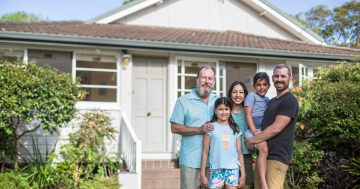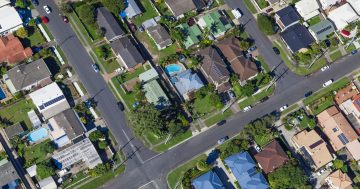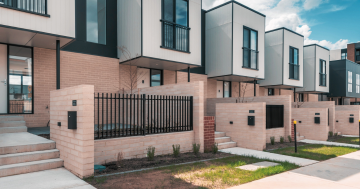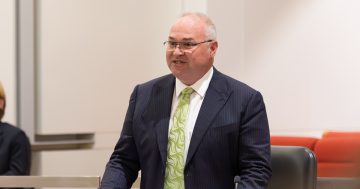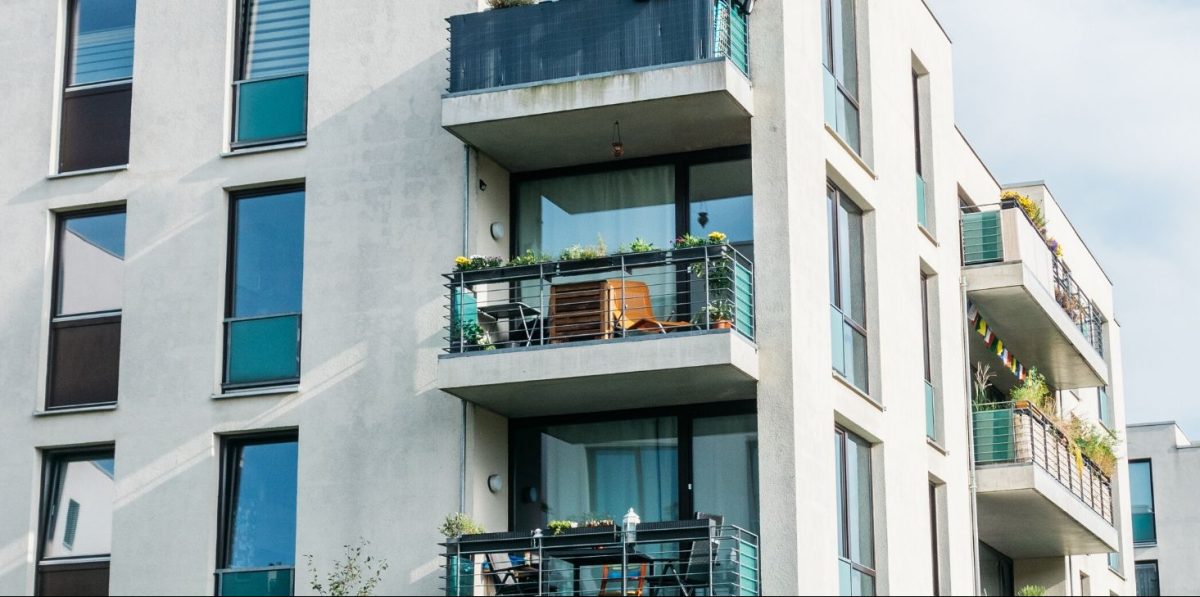
Some investment properties offer better returns than others, with apartments generally the best choice for generating extra income. Photo DFK Everall.
The new year is often a time when people take a fresh look at their finances and consider purchasing an investment property, but becoming a landlord might not be the best pathway to financial success.
While real estate is considered by many to be one of the more solid forms of investment, DFK Everalls & Everalls Wealth Management financial adviser Melissa Healy says it is important to “do your research” before diving in.
“Investing in property can be an excellent strategy, but it isn’t for everyone,” she says.
“At this time of year people are making new year’s resolutions to get their finances in order, and real estate is often at the top of their list.
“But people are at different stages in their lives, and not all investment properties are the same, so it’s really important for them to do their research before heading to that property auction.
“This is why we always talk to people about what their financial goals are, and whether an investment property will be the best way to achieve those goals. We can then discuss what sort of property, whose name to buy it in, how to finance it, cash flow, income tax and negative gearing, capital gains tax issues etc.”
Ms Healy says if you’re buying an investment property to generate an income, an apartment will usually provide more income compared to cost. Others might be happy to negatively gear a property, such as a house in the suburbs on the basis they’ll get good capital growth over time.
However, she warns that buyers need to be careful about negatively gearing properties.
“It’s only ok to make a loss on a rental property each year if that loss is being more than offset by the capital growth in the value of property each year. If not, you are just throwing money away,” she says.
Income, future income and age need to be considered when looking at property investment.
“High income earners can afford to negative gear a property, meaning the interest payments and property expenses are more than the rent received so they are making a loss but at least they get a tax deduction for it,” Ms Healy says.
“If they can hold onto it until they retire and their income drops, they will minimise the tax when they sell. But for this to work in their favour, they need to ensure they have the income coming in to fund the cash loss each year in the meantime.
“For example, if a wife takes a year off to have babies and a family is back to one income, do you want to be committed to mortgage repayments on a rental property at the same time?
“You’ve also got to consider cash flow risks like potential job losses and interest rates going up. The higher interest rates are already forcing some people to sell now because they can’t afford to keep the property anymore.”

DFK Everalls financial planner Melissa Healy. Photo: DFK Everalls.
Before purchasing a new property, anyone approaching retirement age should consider whether they will be able to afford to hold onto their investment property long enough to make it worthwhile.
“If you’re looking to retire in 10 years, but you are taking out a 25-year loan to buy the property, you need to consider if you want to be debt free when you retire. Or will it at least break even by the time you retire, or is the plan to sell it when you retire so that you don’t have to fund the shortfall from your super pension?” Ms Healy says.
“You could then use the net sale proceeds to top up your super fund balance.
“Some people choose to retire early, at 55 for example, and therefore can’t access their super pension ’til age 60. By selling the rental property then, they can live off the net after-tax proceeds for the next few years until they can access their superannuation. We call this a gap year strategy.”
She says buying or holding on to an investment property into retirement might not be the best choice for cash flow reasons.
“If retirees have their money tied up in a rental property and they want to go on holidays or buy a new car, where do they get that money from? It’s not like you can just sell off a bedroom.
“If they had put their money into super, they’d be able to take a lump sum to fund those kinds of expenses.
“In retirement, most people want to be debt free and/or if they’re relying on net rental income to pay their living expenses, there’s a cash flow risk. For example, when a tenant can’t pay – like we saw in COVID – or there’s a gap between tenants, or the hot water service breaks down and there’s your income gone for a week or two.”
While no-one has a crystal ball when it comes to interest rates and property prices, Ms Healy also warns buyers about the entry and exit costs, such as stamp duty, legal fees, agent fees and improving or maintaining the property.
“Buying and selling is really expensive, so you want to ensure you’re in a position to hold the property long enough to make it worthwhile,” she says.
“You should only buy a property if you are confident you can hold on to it for more than five years.”
The Canberra-based DFK Everalls & Everalls Wealth Management team can develop insightful strategies to maximise and protect your superannuation and investments and make sure a rental property investment is right for you.












